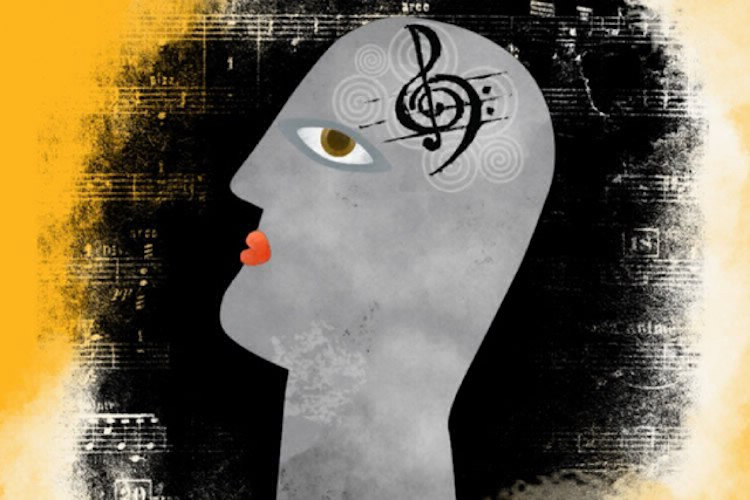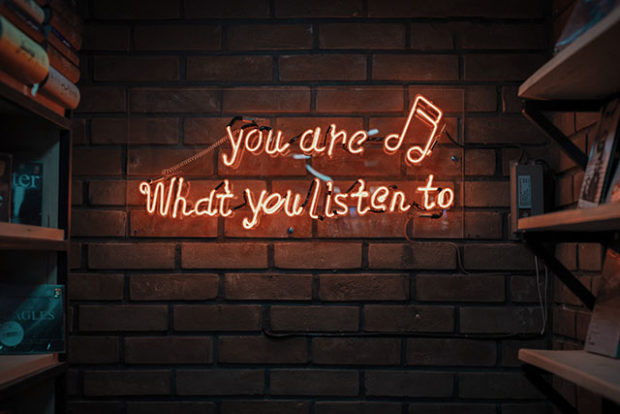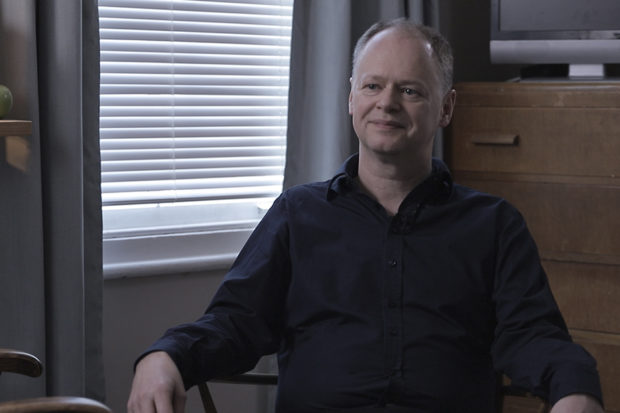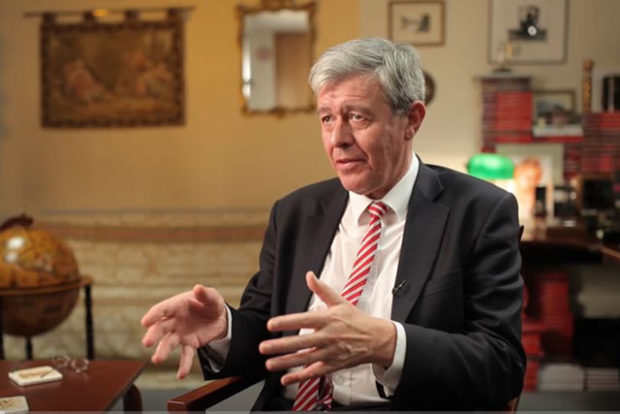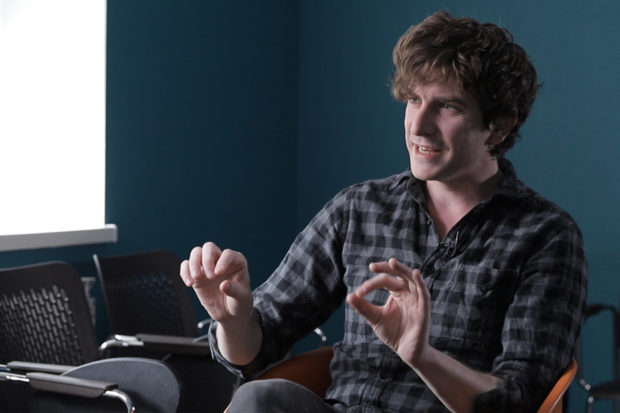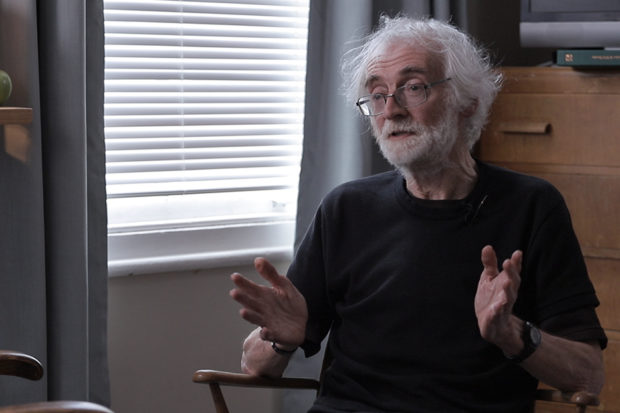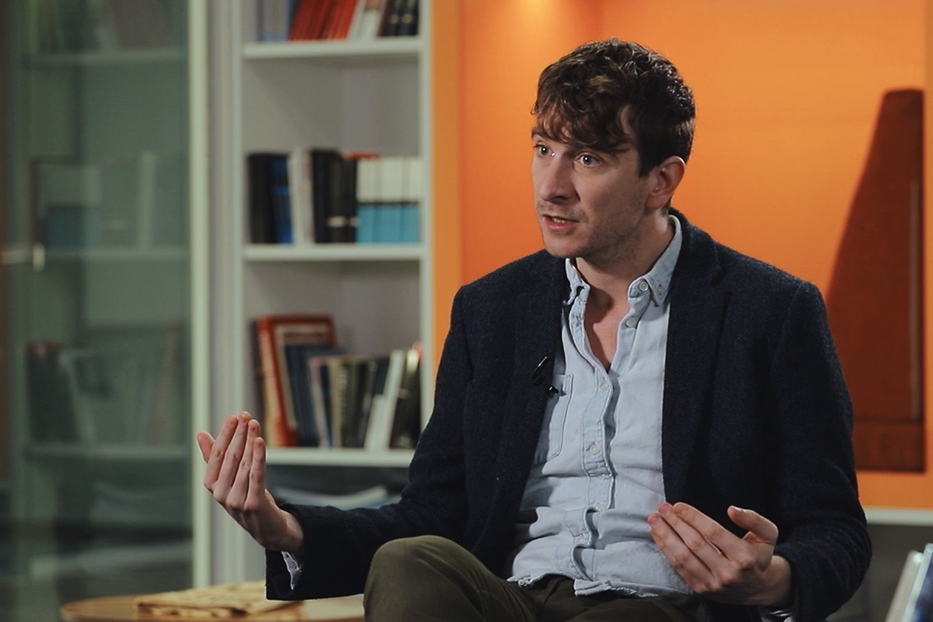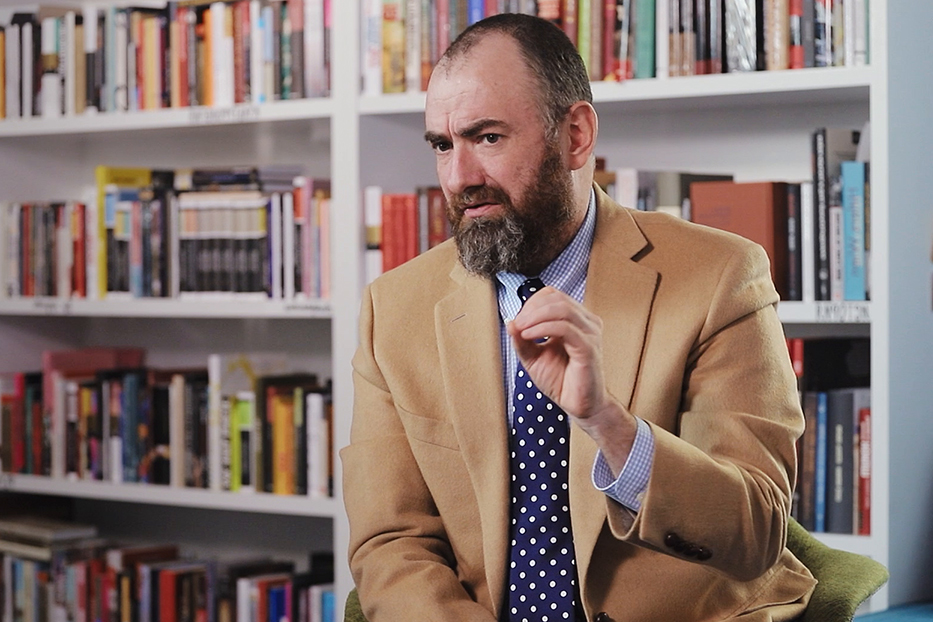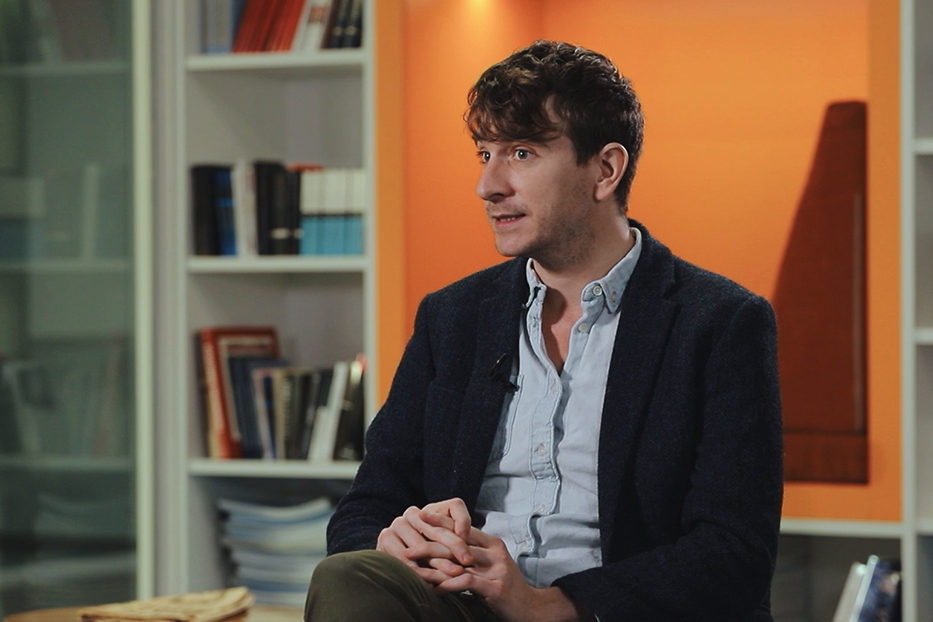Musical Taste
Neuroscientist Diana Omigie on what musical taste is, how our musical preferences are formed and what can change them
articles | September 5, 2019
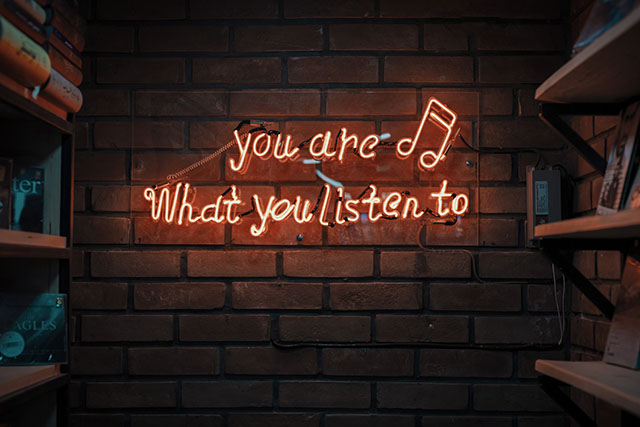
What is musical taste?
It is interesting that the term musical taste is tied to the term aesthetics. Musical taste is often paired together with musical preferences. Most people understand musical taste as one’s preferences in music: particular genres, styles, music bands. Psychologists study the topic by presenting participants of their experiments with questions like “On a scale of one to five, rate how much you like rock music?”
One can imagine that this information would be enough for scientists to infer what people’s musical tastes are. But it is worth bearing in mind that the idea of taste has a long history that dates back as far as the 17th century: David Hume and many other philosophers were trying to understand how people put value on aesthetic objects. They suggested that people do not reason their way to beauty, they taste it. The idea was that we humans have innate aesthetic sense that allows us to judge whether something is beautiful.
Even though musical taste is a very loaded term, in the context of research, contemporary view on the term is merely what one judges to be good, one’s attitude towards different musical styles or composers.
What is aesthetic sense?
The field of aesthetics is very old: it has started with philosophical aesthetics and later when psychology emerged, came psychological aesthetics. Aesthetics and the way people put value on sensory information were among the first things that interested psychologists, although the topic was shortly forgotten. The interest in aesthetics arose again in the 1960s and soon became a rich and dynamic research area.
Empirical aesthetics tries to understand why people like what they like and why they consider something beautiful. What I am trying to emphasize is that whenever we make some value judgments on something that we consider an aesthetic object which could be an artwork or even just a landscape, it is so broad that it is difficult to define even what the remnants of empirical aesthetics is.
People implicitly have a sense of aesthetics, we all have attitudes, preferences and tastes. They dwell greatly on beauty, but now the focus of our research has shifted to other value judgments such as originality. We are trying to understand how people make value judgments on things that are there for sensory and cognitive pleasure.
Why do our preferences differ so much?
There are many different reasons for this. For instance, there are supposed to be cultural and social reasons: social scientists have talked a lot about how your background and where you have been raised can play a role in the phenomena. You might like classical music because you were being dragged to it all the time in your childhood, or you might not like it for the very same reason. The idea is, the things to which one was being exposed in childhood can later influence what one values.
Some people have suggested that aesthetic preferences depend on the things a person was exposed to at different stages of development. For instance, the contrast between pop and rock music. You may get attached to the music that you listen to during your teenage years. During these years music becomes very important for emotion regulation and presenting yourself: “this is what I like”. In the teenage years, changes in hormone levels start to occur and this is the time when music can have quite an important role in your life. You cannot help but value that type of music for the rest of your life, and this is how it is forming your taste to some degree.
Some people say that musical taste is tied to the expertise effect: the more you know about different musical styles, perhaps the more you will like it, the more you will be curious and want to learn more about it. For instance, there was a suggestion in the literature that if you were a musician you would generally like Bach more than the next person, you would like classical music more. But what they found, and what we found, in the study that I was involved in with colleagues in Germany, was that this is not the case with musicians playing only classical music all the time. If anything, they just seem to have very omnivorous taste, they like a lot of things and part of that is because musicians learn how music works, they learn how to listen, analyze and interpret music. They can apply this to any genre or style that they hear. Inevitably, learning about styles becomes very rewarding and, therefore, what we found in our research was that musicians like pop music, rock and everything else just as much as everyone. But they do happen to like classical music more than someone who is not a trained musician.

We asked some musicology and non-musicology students to fill out the questionnaire that my colleagues did (I was involved in the analysis). We tried to find the clusters in these groups of students, we had over a thousand participants. We found that there were many rock lovers, whom we called ‘conventional’ listeners: they liked pop music as well as classical music. There was another group that seemed to like everything and consisted mostly of musicology students, we called them ‘the engage listeners’.
So, in a way, taste is influenced by everything: from what we are exposed to at certain points in our life, to our social class and expertise.
Who was the first to study musical taste?
As I have mentioned, the term is old and complicated and it came into the dictionary around the same time as aesthetics. But basically in musical preferences and psychology research a lot of work has been done by Rentfrow, who came up with a questionnaire that allows us to determine participants’ preferences in music. That was not in the 17th century, but rather in the last few decades.
Does your research focus on musical taste?

Musical taste is not my primary area of research.
I was happy to be involved in the research where we were looking exactly at musical taste, although it inevitably feeds into every experiment that we do. We tried to make our experiments as ecologically valid as possible, which is quite tricky sometimes. In our experiments, this kind of research is implemented when we present our participants with stimuli that they might care about (and if they do not, we want to know about it). That would be one way in which I would have to think about their musical preferences and tastes to get a full picture of the listener.
What remains unknown about musical taste?
One thing that would be interesting to know about musical taste is how flexible it is. I have mentioned a study that shows that musical taste depends on what you listen to at a specific time of your life and how much you are exposed to different music styles. Another interesting thing to study is whether one’s tastes are formed early in their life or whether there are ways in which one can change their tastes later on.
In German, there is a concept of ‘Schlüsselerlebnis’ – the key moment. The idea behind the term is that these key moments can change your taste, so at some point, you may think: “This is beautiful music, I am only going to listen to this style for the rest of my life”. This can happen in our early decades rather than in the later ones in our life. Nevertheless, it would be interesting to see how often this happens when we get older and set in our ways.













